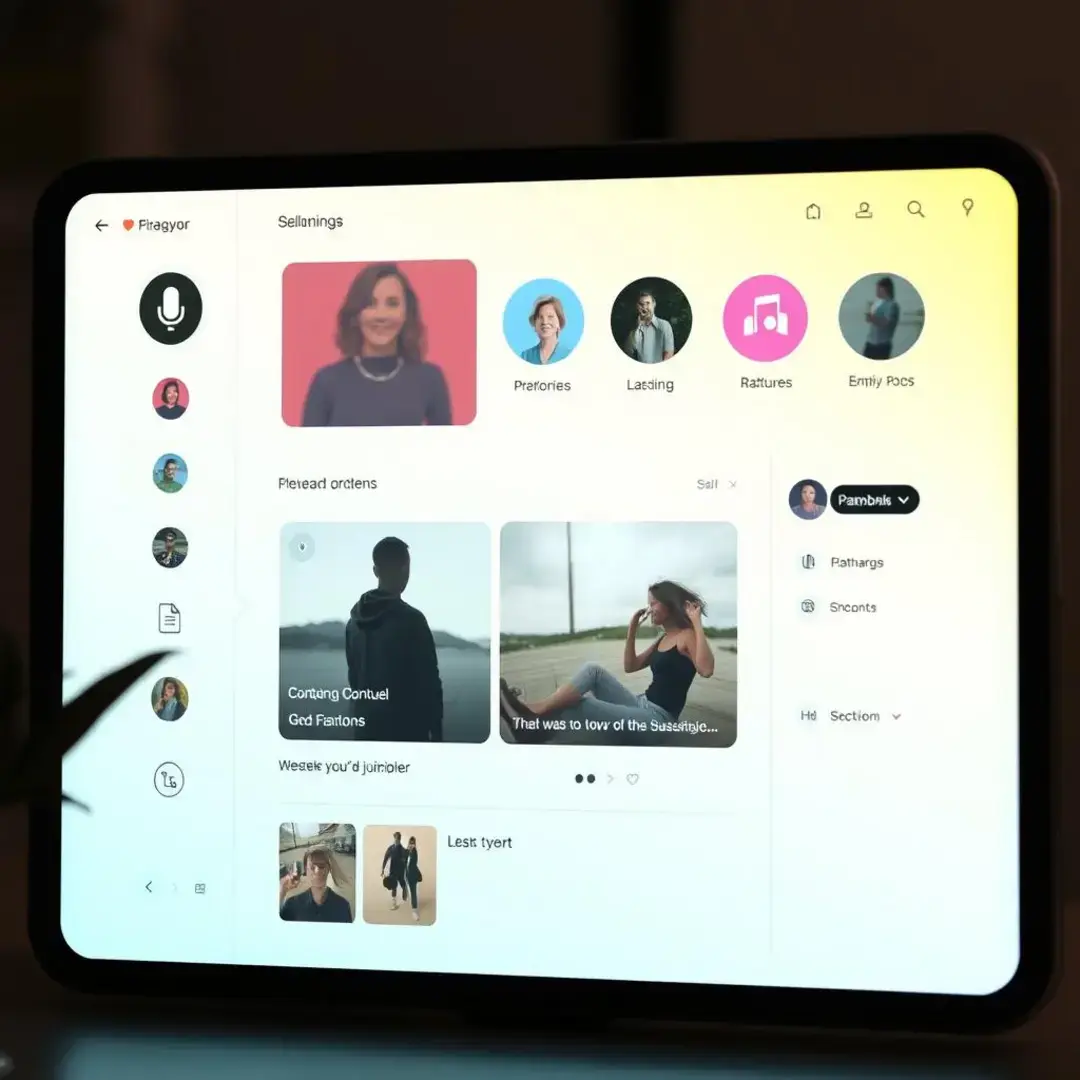Content Recommendations
Introduction

Overview of Content Recommendations in Marketing Automation
In the rapidly evolving digital landscape, businesses continually seek innovative ways to engage with their audience and drive conversions. One significant advancement in this area is Content Recommendations, a subset of marketing automation. By leveraging user behavior and preferences, these systems propose content that resonates with potential customers, thus enhancing engagement and improving the overall customer experience.
Understanding the nuances of content recommendations can help marketers better tailor their strategies. By employing data-driven insights, businesses can not only reduce information overload but also ensure that their audience receives personalized interactions that foster loyalty and drive sales. As a result, content recommendations are no longer optional but essential for effective marketing automation.
Key Trends in Content Recommendations

Emerging Trends
Hyper-personalization represents a paradigm shift in how businesses approach content recommendations. By using artificial intelligence algorithms to analyze user data, companies can deliver highly tailored content that addresses individual preferences and past behavior. This level of personalization goes beyond simple demographic targeting and creates a unique user experience that significantly enhances the likelihood of conversion.
AI technology plays a crucial role in refining content recommendation systems. Machine learning algorithms continuously analyze user interactions, allowing apps to adapt and improve their suggestions over time. This dynamic capability not only enhances the accuracy of content recommendations but also ensures that businesses stay agile in response to changing consumer behavior.
Industry Impact
The e-commerce sector has experienced a profound transformation due to content recommendations. By showcasing relevant products based on prior purchases and browsing history, businesses can effortlessly guide customers through their purchasing journey. This strategic placement of recommendations aids in upselling and cross-selling, ultimately driving sales volumes and increasing customer satisfaction.
In content marketing, recommendations optimize audience engagement by providing users with material that aligns with their interests. Marketers can strategically position content that not only informs but also leads to higher retention rates. As a result, the synergy between content marketing and recommendations has the potential to contribute to a more holistic marketing strategy.
Challenges and Limitations
Despite the numerous benefits, challenges remain, particularly concerning data privacy. Users are increasingly aware of how their data is being utilized, causing concerns around consent and transparency. Businesses must navigate these issues carefully, ensuring compliance with regulations like GDPR while building trust with their audience.
Another hurdle lies in scalability. As businesses grow, the need for efficient and effective content recommendation systems becomes paramount. However, managing vast data sets while maintaining quality recommendations can be daunting. Organizations must invest in robust architecture and machine learning capabilities to address these challenges effectively.
Future Outlook

Future Developments
The future of content recommendations is closely tied to advancements in AI and machine learning technologies. As algorithms become more sophisticated, businesses will have access to even more refined insights into user preferences. This evolution will empower marketers to create highly specialized campaigns that not only attract but also retain customers.
Seamless integration between content recommendation systems and other marketing tools will also enhance functionality. Businesses can expect to interact with a more interconnected ecosystem where data flows effortlessly, leading to comprehensive marketing strategies. By aligning various marketing components, companies can maximize their impact and streamline operations.
Market Predictions
Predictions indicate that the content recommendation market will see significant growth in the coming years. With organizations recognizing the critical role of personalized marketing, there will likely be increased investment in technology that supports these capabilities. As competition intensifies in various industries, businesses that fail to adopt such technologies risk falling behind.
Furthermore, as more businesses witness the tangible benefits of content recommendations, we can expect heightened adoption rates across the board. Companies that harness these technologies not only stand to improve engagement but also see a substantial return on investment. The trend towards hyper-personalization will become a key differentiator in the market.
Potential Impact on Users
For users, the potential impact is profound. Enhanced content recommendations lead to more engaging and relevant experiences, allowing consumers to find information and products more easily. This improved user experience not only saves time but also fosters a sense of satisfaction and loyalty to brands that prioritize personalization.
Additionally, users will benefit from more relevant content discoveries that align with their interests. This targeted approach allows individuals to consume information that resonates with them personally, increasing the likelihood of further engagement with the brand. In this way, content recommendations serve as a bridge between consumers and valuable content tailored to their desires.
How to Choose the Right App

Step-by-Step Guide
The first step in choosing the right content recommendation app is to define your needs. Assess your marketing goals and objectives, and determine what role content recommendations will play in achieving them. Having a clear understanding of your requirements will help you select the most suitable options.
Next, evaluate different apps based on factors such as cost, usability, and features. Conduct thorough research, read reviews, and even try out demo versions if available. This diligent process ensures you make an informed decision that aligns with your organization’s goals and resources.
Conclusion

Content recommendations are transforming the landscape of marketing automation, providing businesses with innovative ways to engage their audiences and enhance customer experiences. By staying updated on key trends and understanding potential challenges, marketers can effectively move forward in this exciting arena. With strategic decision-making when choosing the right tools, organizations are poised to harness the full potential of content recommendations, paving the way for lasting relationships with their customers.
Factors to Consider
Choosing the right content recommendation app is crucial for effective implementation. One of the first factors to consider is the integration capabilities of the app. It should seamlessly integrate with your existing marketing tools and platforms to ensure that the user experience remains cohesive and fluid.
Another important aspect to consider is the customization options the app provides. The ability to tailor recommendations based on specific audience segments or marketing objectives can significantly enhance the effectiveness of your content strategy. Look for solutions that offer flexibility in adjusting parameters and preferences as needed.





